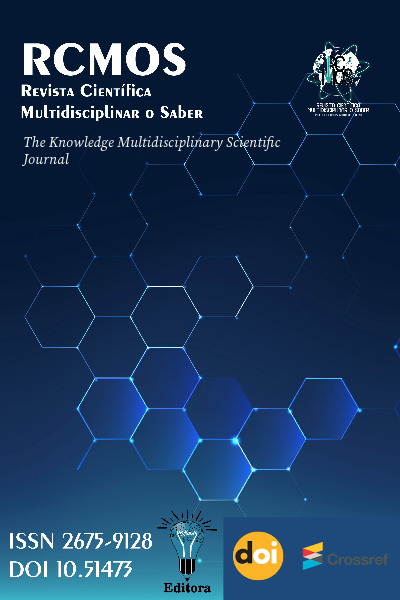REFORMS OF THE INTERNATIONALIZATION OF HIGHER COURSES IN BRAZIL
DOI:
https://doi.org/10.51473/rcmos.v1i2.2021.27Keywords:
Internationalization, Higher education institutions, Educational reformAbstract
Objectives: This article aims to analyze the scenario generated by the internationalization of higher education as well as the new roles attributed to universities in the context of higher education reform. Methods: The research used the qualitative method, which sought subsidies from various published sources where a brief theoretical foundation and analysis was made about the reform of higher education, the conception of the university and its social role as well as the internationalization itself and the intentions behind it. Furthermore, the positive and negative points of this process within the Brazilian social context are highlighted, highlighting the improvements to be made. Conclusion: emphasize the need for a direct relationship between academic strategies and social insertion so that, in processes like these that involve students leaving to expand Brazilian higher education, it is not restricted to those who have higher income, but to those who in fact they are able to represent Brazil and exchange scientific knowledge, cultural experiences and social learning.











